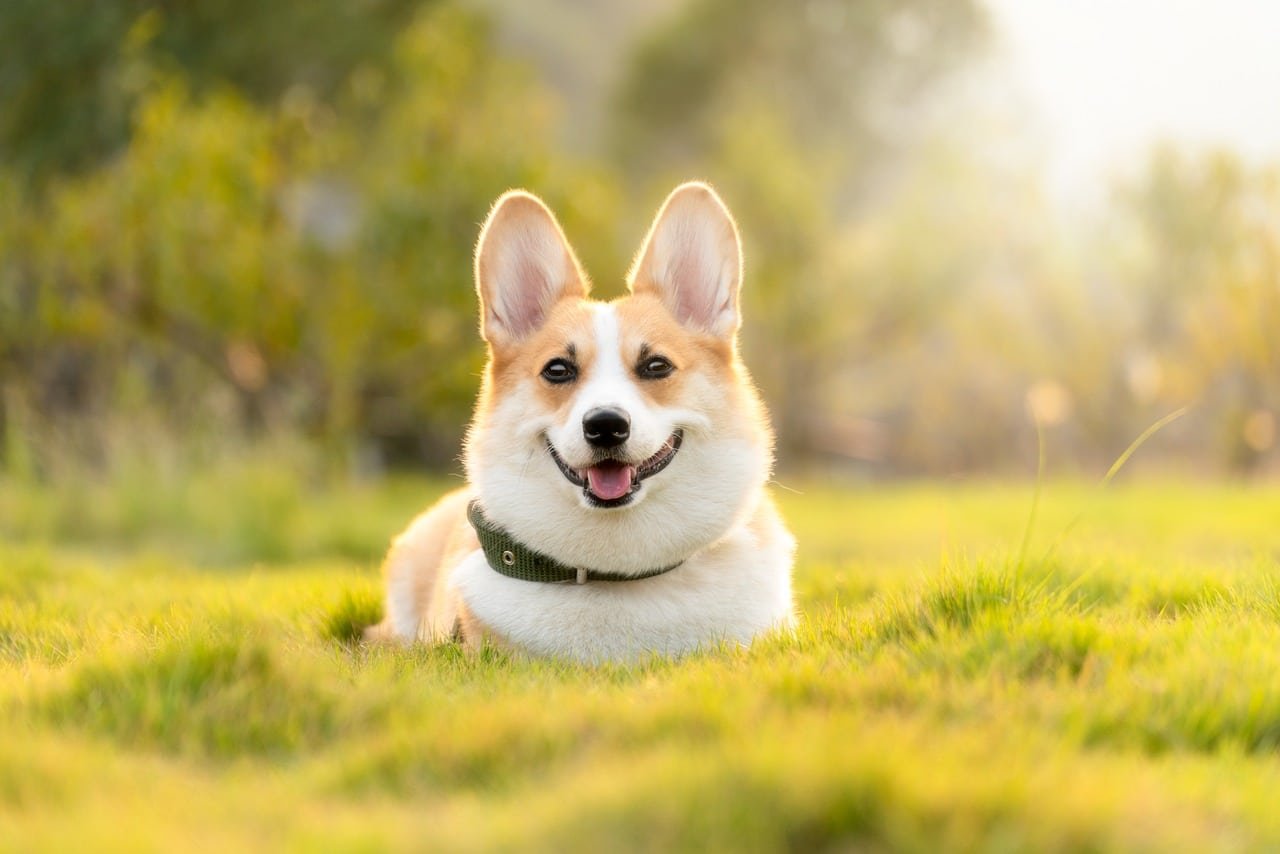If you’ve ever caught your dog eating poop, you’re not alone. This behavior, known as coprophagia, is surprisingly common among dogs and can be distressing for pet owners. But why do dogs eat poop? Is it a sign of a medical issue, behavioral problem, or something else entirely? Understanding the reasons behind this behavior can help you address it effectively and ensure your dog’s health and well-being.
In this article, we’ll explore the various reasons why dogs eat poop, the potential health risks associated with this behavior, and practical tips on how to prevent it.
Understanding Coprophagia: Why Dogs Eat Poop
Coprophagia can be divided into two main categories: ingestion of their own feces and ingestion of feces from other animals. Each type may have different underlying causes.
1. Nutritional Deficiencies
One common theory is that dogs eat poop due to nutritional deficiencies. If a dog’s diet lacks essential nutrients, they might instinctively seek out alternative sources to fulfill their nutritional needs. This could include consuming feces, which may contain partially digested nutrients. Common deficiencies include:
- Enzymes: Some dogs may not produce enough digestive enzymes, leading them to seek out feces as a source of these enzymes.
- Vitamins and Minerals: A lack of certain vitamins and minerals, such as B vitamins, may drive a dog to eat feces.
2. Behavioral Issues
Behavioral factors can also play a significant role in coprophagia. Dogs may develop this habit due to:
- Boredom: Dogs that are left alone for long periods or don’t receive enough mental stimulation may eat poop out of boredom.
- Attention-Seeking: Some dogs may learn that eating poop gets a reaction from their owners, even if it’s negative. This attention-seeking behavior can become a habit.
- Anxiety or Stress: Dogs that are anxious or stressed may eat poop as a coping mechanism. This can be particularly common in dogs with separation anxiety.
3. Maternal Instinct
Mother dogs naturally consume their puppies’ feces to keep the den clean and reduce the scent that might attract predators. This instinctual behavior may persist even after the puppies are weaned, leading some adult dogs to continue the habit.
4. Learned Behavior
Dogs are highly social animals and often learn behaviors by observing other dogs. If a dog sees another dog eating poop, they may imitate the behavior. Additionally, puppies may experiment with eating feces out of curiosity.
5. Medical Conditions
Certain medical conditions can contribute to coprophagia. These include:
- Parasites: Intestinal parasites can cause malabsorption of nutrients, leading a dog to seek out feces as a supplement.
- Diabetes or Cushing’s Disease: These conditions can increase a dog’s appetite, making them more likely to eat anything, including feces.
- Malabsorption Syndromes: Conditions that prevent the proper absorption of nutrients can drive a dog to eat feces in an attempt to compensate.
Health Risks Associated with Coprophagia
While eating poop is certainly unappealing, it’s also potentially dangerous for your dog. Here are some health risks to be aware of:
1. Parasites
Feces can contain intestinal parasites, such as roundworms, hookworms, and whipworms. If your dog consumes feces infected with these parasites, they can become infected themselves, leading to a range of health issues.
2. Bacterial Infections
Feces can harbor harmful bacteria like E. coli and Salmonella. If your dog ingests contaminated feces, they may develop gastrointestinal infections, resulting in symptoms like vomiting, diarrhea, and abdominal pain.
3. Toxins and Medications
Feces may contain residues of toxins or medications that were excreted by the animal that produced the feces. Ingesting these substances can lead to poisoning or adverse reactions in your dog.
4. Dental Issues
Eating feces can contribute to dental problems, as it introduces harmful bacteria into your dog’s mouth. Over time, this can lead to bad breath, gum disease, and tooth decay.
How to Stop Your Dog from Eating Poop
If your dog has developed a habit of eating poop, there are several strategies you can employ to discourage this behavior. It’s important to approach the issue with patience and consistency.
1. Ensure a Balanced Diet
One of the first steps in addressing coprophagia is to ensure your dog is receiving a well-balanced diet that meets all their nutritional needs. Consult your veterinarian to determine if your dog’s current diet is adequate or if any supplements are needed.
2. Increase Mental and Physical Stimulation
Boredom is a common cause of coprophagia, so providing your dog with plenty of mental and physical stimulation can help reduce the behavior. Consider the following:
- Interactive Toys: Puzzle toys and treat-dispensing toys can keep your dog engaged and mentally stimulated.
- Regular Exercise: Ensure your dog receives enough exercise each day to burn off excess energy and reduce boredom.
- Training and Socialization: Enroll your dog in obedience classes or engage in regular training sessions to keep their mind active.
3. Supervise and Clean Up Promptly
Supervision is key to preventing your dog from eating poop. When you’re outside with your dog, keep a close eye on them and clean up feces immediately. If your dog is left alone in the yard, make sure the area is clear of feces before allowing them outside.
4. Use Taste Deterrents
There are commercial products available that can be added to your dog’s food to make their feces taste unpleasant, discouraging them from eating it. These products typically contain ingredients like:
- Glutamic Acid: Alters the taste of feces, making it less appealing.
- Monosodium Glutamate (MSG): A flavor enhancer that can make feces taste bitter.
5. Positive Reinforcement Training
Positive reinforcement training can be effective in redirecting your dog’s behavior. When you catch your dog in the act of eating poop, calmly interrupt them and redirect their attention to a more appropriate activity. Reward them with praise, treats, or playtime when they choose the alternative behavior.
6. Address Underlying Medical Issues
If you suspect that a medical condition may be contributing to your dog’s coprophagia, it’s crucial to consult your veterinarian. They can conduct a thorough examination, run necessary tests, and provide appropriate treatment for any underlying health issues.
When to Consult a Veterinarian
While coprophagia can sometimes be managed with behavioral interventions and dietary adjustments, there are instances when it’s important to seek veterinary advice:
- Persistent Behavior: If your dog continues to eat poop despite your efforts to stop them, consult your veterinarian to rule out any underlying medical conditions.
- Signs of Illness: If your dog exhibits symptoms like vomiting, diarrhea, lethargy, or weight loss, they may have ingested something harmful, and immediate veterinary attention is required.
- Puppies: Puppies are more prone to experimenting with poop eating, but it’s important to monitor their behavior and address it early to prevent it from becoming a habit.
Final Thoughts: Understanding and Managing Coprophagia
While the idea of your dog eating poop is undoubtedly unpleasant, it’s important to remember that coprophagia is a common behavior that can have various underlying causes. By understanding the reasons behind this behavior and taking proactive steps to address it, you can help your dog break the habit and ensure their health and well-being.
Whether the cause is nutritional, behavioral, or medical, there are effective strategies to discourage poop eating and prevent potential health risks. With patience, consistency, and the guidance of your veterinarian, you can help your dog overcome coprophagia and enjoy a healthier, happier life.
Discover more from EMMOCEB
Subscribe to get the latest posts sent to your email.






